Poet, writer, translator, laborer, climber: Erri De Luca is one of the clearest and most compelling voices in contemporary Italian literature. Born in Naples in 1950, he has lived through the second half of the 20th century intertwining political and civil engagement with a lean, luminous prose deeply rooted in language — first Italian, but even earlier, Neapolitan. His books blend mountains and seas, silences and dialects, the sacred and the everyday, in an ongoing dialogue with the landscapes and forgotten stories of a lesser-known Italy.
For De Luca, Italy is not merely a geographic place but a body to inhabit, climb, and cross. His connection to the land is physical as much as poetic: climbing is an essential part of both his life and his writing — a discipline of solitude and measure that resonates through every sentence. His words, like hands on rock, search for grip in the silence and the wind.
In this exclusive conversation, he takes us on an intimate journey across his country: Italy as body, as sound, as living memory. The result is a perspective that is at once poetic and political, going far beyond tourist itineraries to offer us an Italy made of voices, hands, borders, and paths. A guide of sentiment, culture, and language — for those who seek to listen, not just to visit.
Here’s what he shared with us.
To me, Italy is like a strong arm reaching out from the shoulder of the Alps, stretching into the sea toward Asia and Africa. Puglia and Calabria form an open hand, and Sicily beside them is a handkerchief waving in the wind.
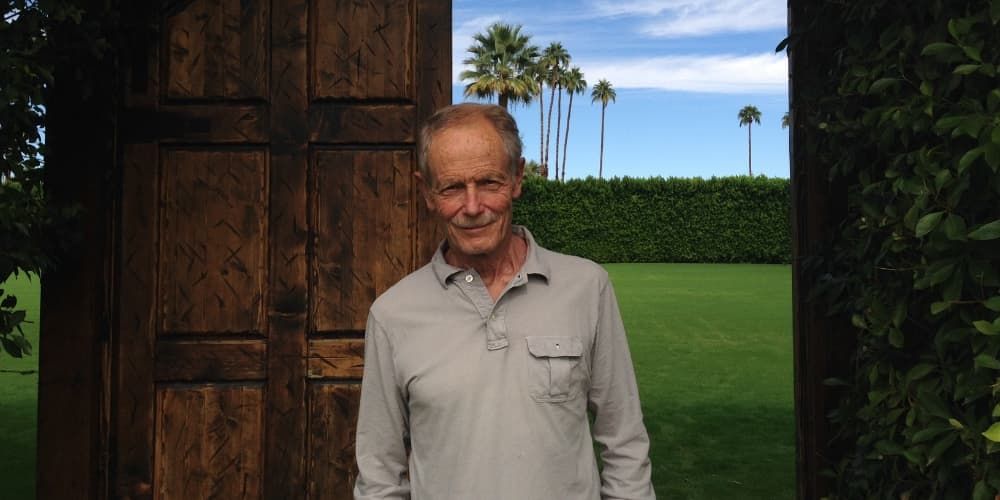
Courtesy of Fondazione Erri De Luca
Erri De Luca, what does Italy represent for you? If you had to describe it to someone who’s never seen it, where would you begin?
Italy, to me, is the language I inhabit before it’s the land I live on. I don’t describe it as a boot, as tradition would have it. I see it as a strong arm reaching out from the shoulder of the Alps, extending into the sea toward Asia and Africa. Puglia and Calabria are like outstretched hands, and Sicily is a handkerchief fluttering in the wind beside them. That’s the image I carry of Italy’s geography embracing the Mediterranean.
In your imagination, what face does Italy have? Is there an image, a scent, a sound that captures it best?
The sound is that of a tambourine keeping the beat of a folk dance. The scent is freshly pressed olive oil — so full and intense it makes your eyes close when you breathe it in.
Is there a place in Italy that feels more yours than others? A spot where you feel at home, or where you return to find yourself again?
Ischia, where I spent my childhood and teenage summers. My body grew there like a plant hungry for light. It’s where I discovered that freedom was breaking out of the horizon’s circle. When the ferry enters the island’s volcanic harbor, I feel embraced.
Our land is rich in variety thanks to the unique character of local dialects. These diverse ways of speaking are the scent of each place — the gateways into its soul.
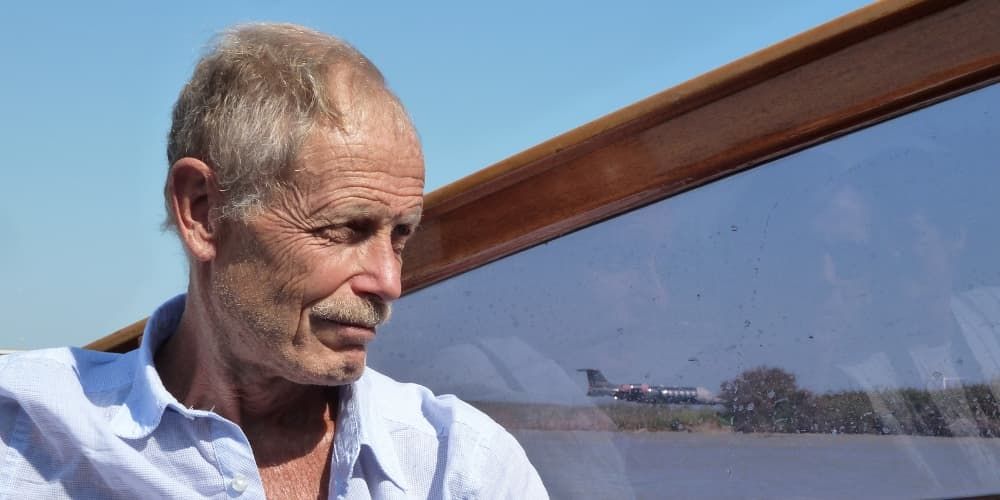
Fondazione Erri De Luca
What does "travel" mean to you today, in such a fast-moving world? And what is an authentic journey, in your eyes?
I hold the word “travel” in high esteem. For me, it excludes any return ticket — that would be a trip, a transfer, even if adventurous or touristic. A journey is what the explorers of old undertook, charting the world to complete the map of geography. A journey is what today’s migrants make, at the mercy of borders. A journey is what you do on foot — a pilgrimage, a long walk.
Nature, the sea, the mountains, silence… these all appear frequently in your work. What is it about Italian landscapes that helps you write, think, simply “be”?
I spend time in the mountains, I climb, I scale walls — it’s a way of detaching from the starting point and gaining distance from everything. But silence doesn’t exist in nature. When we don’t hear it, it’s because we’re insensitive to ultrasounds. Air, water, light they all vibrate.
The silence I’ve known is internal — a kind of isolation I’ve felt even in the noise of a machine shop, with tools biting into metal. That’s how I learned to write anywhere: no table, no chair, even standing against a wall. I can do it because I first learned to read that way, living in uncomfortable places. “To be,” the verb in your question, is a beautiful one — especially when asked of another person: How are you?
You’ve always had a deep connection to the Italian language. How important is language in truly understanding a place?
Our territory is rich in local dialects, each with its own flavor. I write in Italian, but I speak to myself in Neapolitan — my mother tongue, the language of voices that filled my childhood. In Italy, I feel like a guest of other dialects, which I strive to understand. Italian is beautiful because it receives, like a river, the contributions of those dialects — they multiply its nuances.
I love it when books carry the texture of their dialects: the Florentine of Vasco Pratolini, the Sicilian of Sciascia, the Friulian of Mauro Corona. These spoken languages are the perfume of a place. I walk into a bar or a trattoria, sit at a table, and just listen to the voices. They’re the front doors to territories.
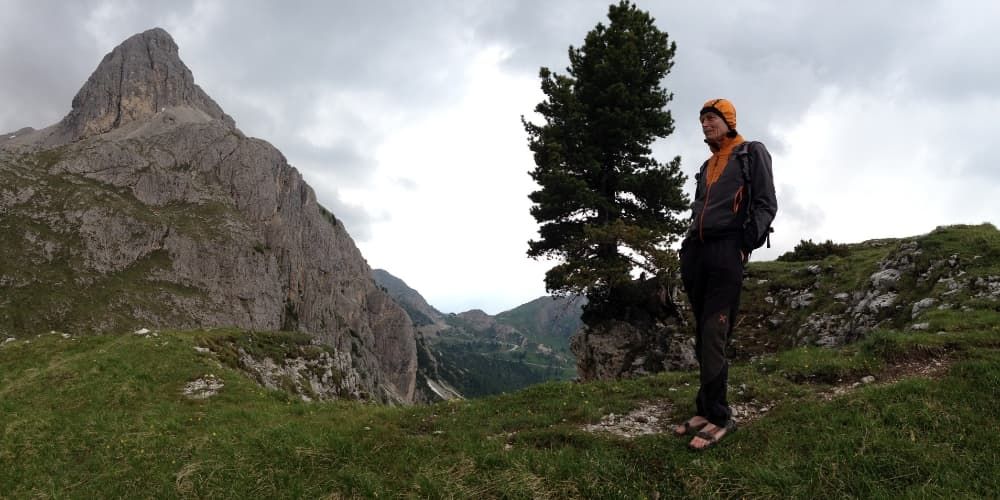
Fondazione Erri De Luca
You’ve traveled widely, including abroad. What, in your view, makes Italy unique among other countries?
We contain more climates, more diverse histories, a richer variety of art and craft spread everywhere. Italy is full of small towns that aren’t provinces or suburbs — they’re concentrated identities, each one unique. Other countries are more uniform, and therefore less plural.
What’s the most meaningful encounter you’ve had while traveling in Italy? A face, a story, or a gesture you carry with you.
During the wars in the former Yugoslavia in the 1990s, I drove convoys of aid. That’s when I got to know Italian volunteerism — freely given support, highly efficient solidarity. Those many trips back and forth introduced me to Italians at their best. We didn’t travel with military escorts. Those who bring peace don’t need armed protection. I remember the calm of every person, even when war was roaring in the distance.
Is there a lesser-known place in Italy you’d recommend to our readers? A corner of the country that feels truly authentic, away from the spotlight.
I’d suggest Agerola, high above the Amalfi Coast — trails and terraces perched over steep slopes of vineyards, olive groves, and citrus trees tumbling down toward the sea.
Anyone who visits Italy is no stranger. For the time they’re here, they’re one more Italian.
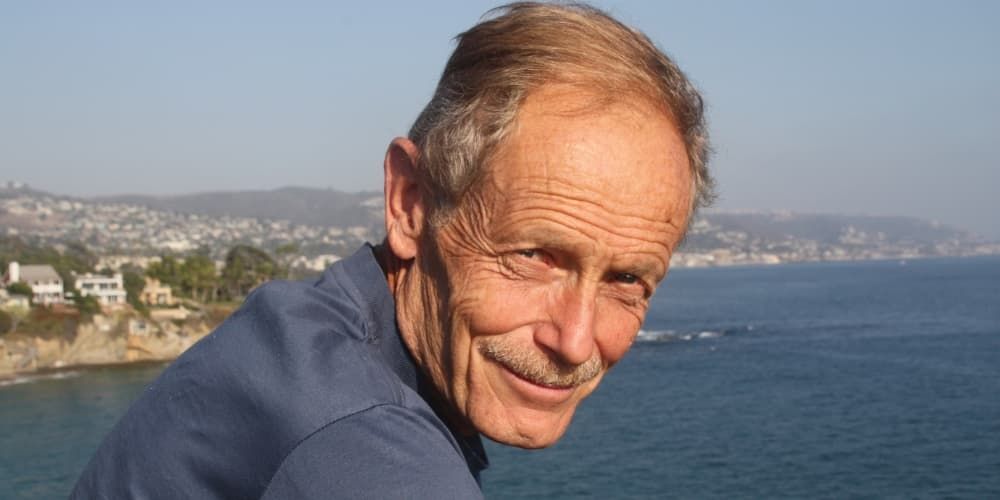
Fondazione Erri De Luca
Italy is also a land of artisans — of hands that work. Is there a craft, a gesture, or a workshop that left a mark on you?
The art of building hearths and chimneys. When I helped turn a stable into a home with two other workers, I assisted the master mason in building the brick hood and fireplate. He studied where the draft would pull the smoke, how high it should be from the floor, what ancient fireproof materials to use. That fireplace has been my winter heating system for decades.
Art is one of Italy’s greatest treasures. What’s your relationship with it? Is there a work you feel particularly connected to, and why?
A crucifixion by Masaccio in Naples’ Capodimonte Museum. My father — a self-taught art lover — took me to see it. He pointed out how the figure had no neck, the head sunk between the shoulders. He explained it wasn’t a mistake. The painting was meant to be viewed high up, above an altar. But we were looking at it at eye level. Masaccio had painted from the perspective of someone looking up. That explanation engraved the work in my memory.
Finally, if you could write a short dedication inviting the world to discover Italy, what would it say?
Anyone who visits Italy is not a stranger. For the time they’re here, they’re one more Italian.
About the author
Written on 30/04/2025

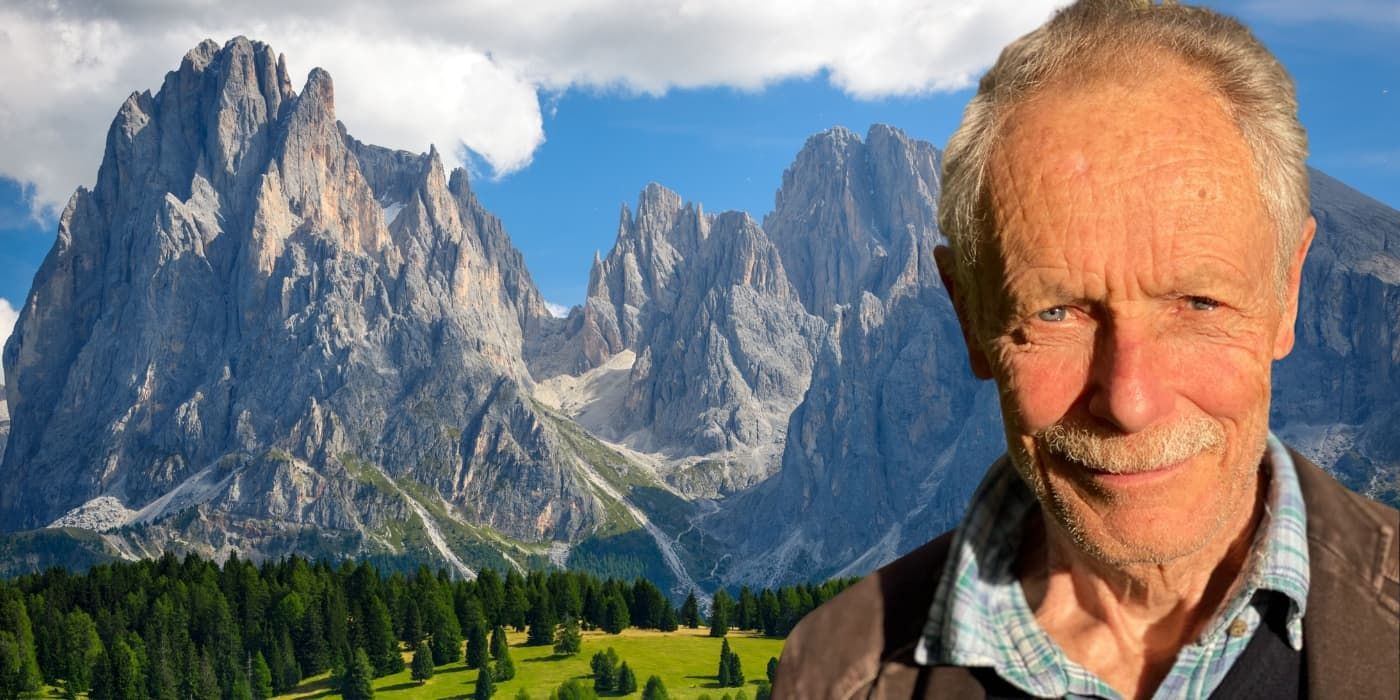

Benedetta Ricci
We met the Italian writer Erri De Luca. He took us on an intimate journey through his Italy, among hidden landscapes and a deep love for his language.